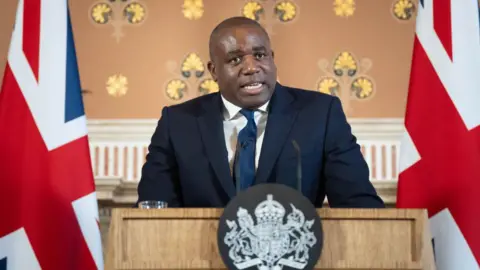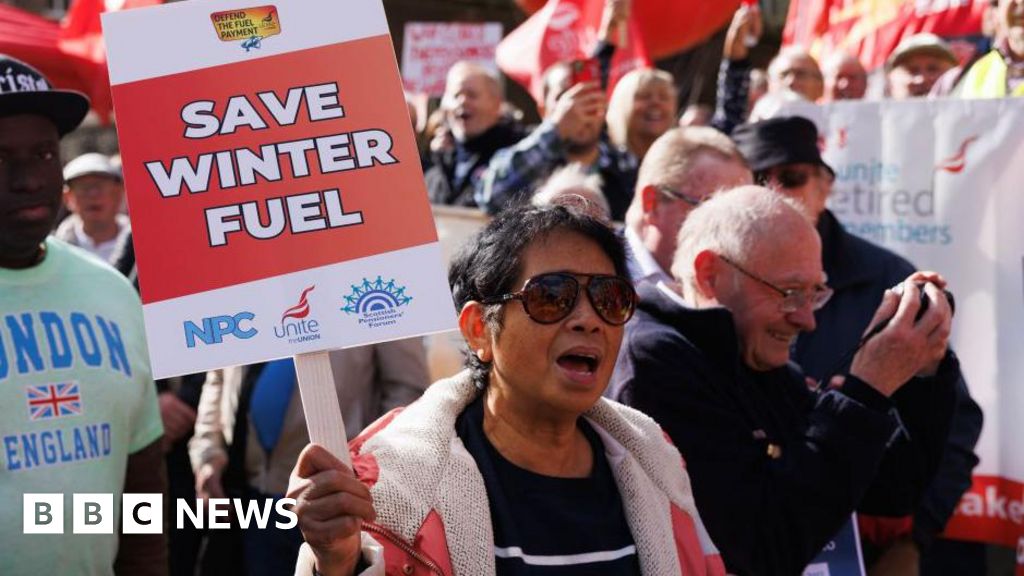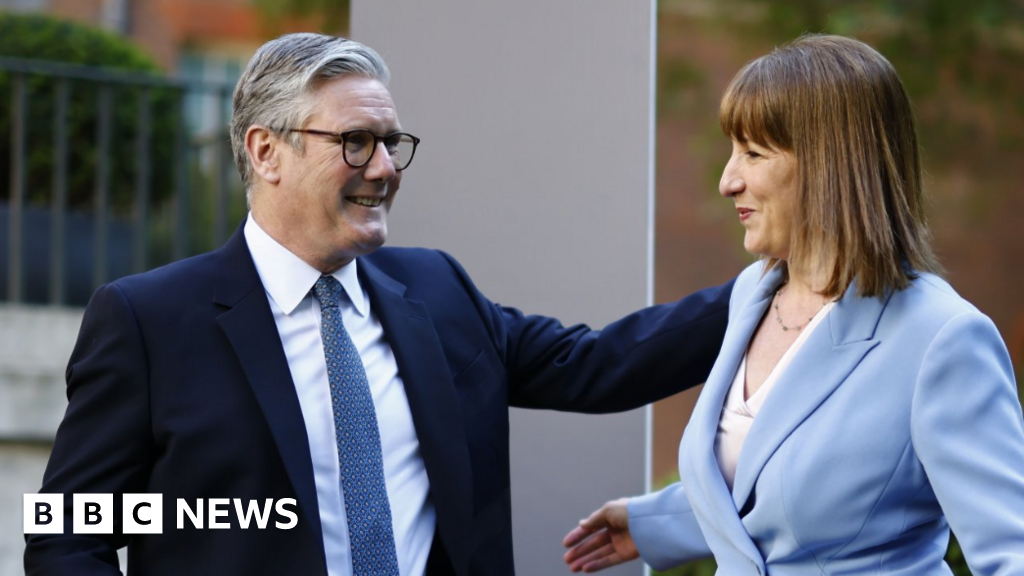ARTICLE AD BOX

 Getty Images
Getty Images
When David Lammy is asked about the new government's relations with the incoming US administration, he likes to talk about the dinner he and the prime minister had with Donald Trump in New York last September.
"We had a very good meal," the foreign secretary said on Thursday. "We had a long time to discuss the issues. He was an extremely gracious host, very affable, very warm indeed about our great country."
And throughout a series of media interviews, briefings and a speech at the Foreign Office, Lammy talked up UK-US relations, even daring to speak of a "special relationship", a phrase largely avoided by diplomats on both sides of the Atlantic.
The UK and the US, he said, were "required to work very closely together" on global challenges.
They include challenges such as the wars in Europe and the Middle East and what he called "the growing problems in Sudan". He cited the "close cooperation" between both countries on military and intelligence matters.
But what was striking was how far the foreign secretary was willing to challenge Trump only days before his inauguration.
The president-elect's refusal to rule out military action against Greenland was, Lammy said, an example of his "destabilising" rhetoric. He said Trump was focused on Arctic security but such an attack by one member of Nato on another was "simply not going to happen".
He said Trump was right to ask Europe to do more to defend itself but questioned his call for Nato members to spend 5% of their national income on defence, noting the US was itself spending only 3.38 %.
Speaking on BBC Radio 4's Today programme earlier in the day, Lammy had cast doubt on Trump's campaign promise of a quick ceasefire in Ukraine.
"I see no evidence that Putin wants to come to the table to negotiate," he said.
"I think the indications are, from what I've seen over the last few days, a slight pushback on this sense that somehow a deal will be achieved on 21 January, I think that's now unlikely. And we're hearing that actually the timetable's moved down somewhat towards Easter."
Lammy played down the influence of Elon Musk, the wealthy ally of Trump who in recent days has personally attacked British ministers on X. He said the tech boss would have only a "domestic portfolio" in the new administration and his role had not come up in talks between British and Trump officials.
The foreign secretary also emphasised the need to engage with China – on trade, climate, health and artificial intelligence - and urged the country "not to throw in its lot" with Russia. This position is at odds with that held by Trump allies who see China already as a key member of an anti-Western axis including Russia, Iran and North Korea.
Lammy calls his approach to foreign policy "progressive realism". He said this means seeking progressive ends while accepting the world as it is.
When applying this framework to Trump, he said he will be guided more by the president-elect's actions than his rhetoric. We shall learn in coming days how far the two remain apart.
And as for that dinner with Trump last autumn, Lammy rarely mentions the fact the meal was almost the cause of a diplomatic upset.
He and Sir Keir Starmer were presented with large plates of Guyanese chicken, somewhat to the dismay of the vegetarian prime minister.
In the national interest, the foreign secretary was obliged to eat more chicken that night than he might have expected.

 4 months ago
25
4 months ago
25








 English (US) ·
English (US) ·